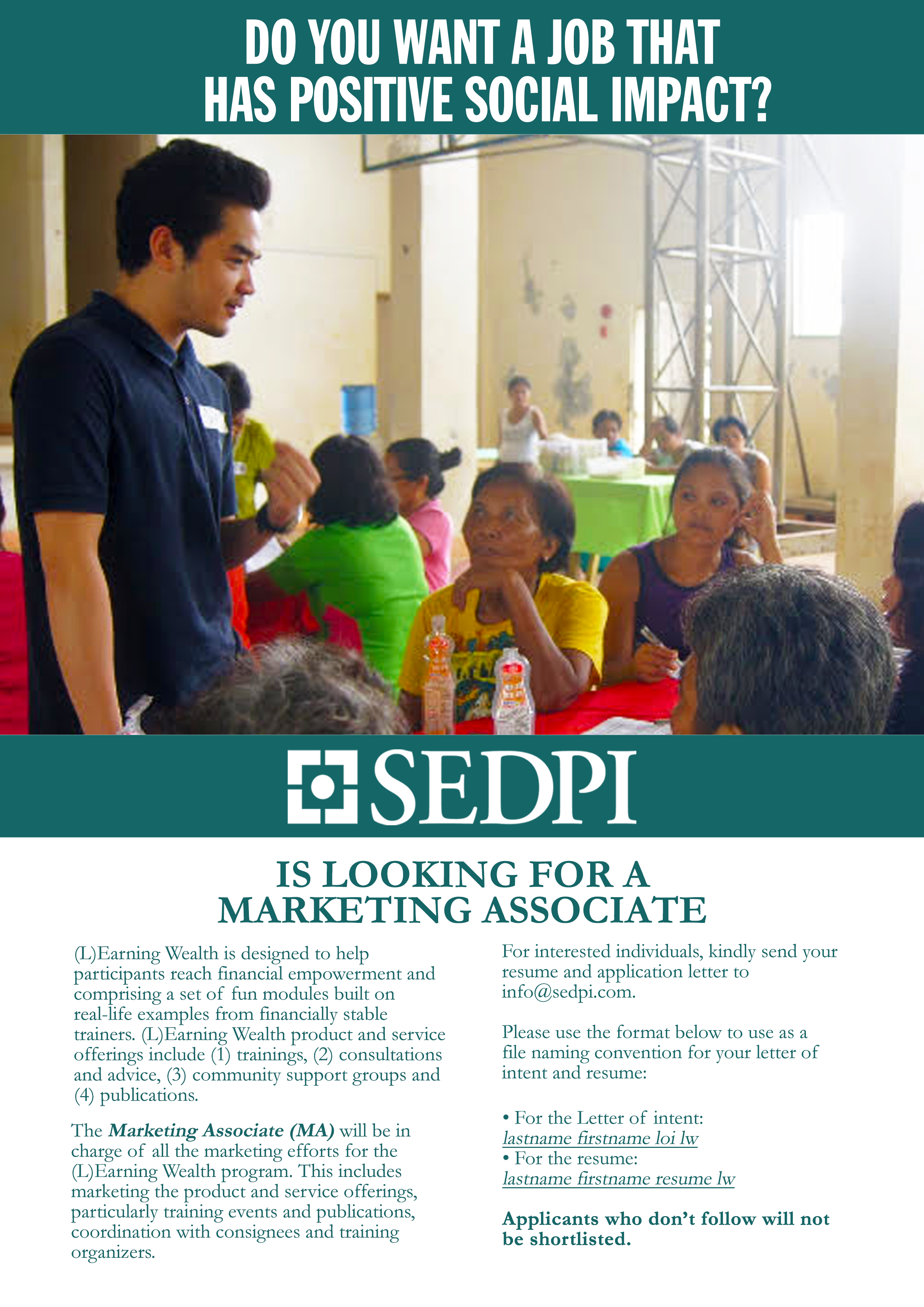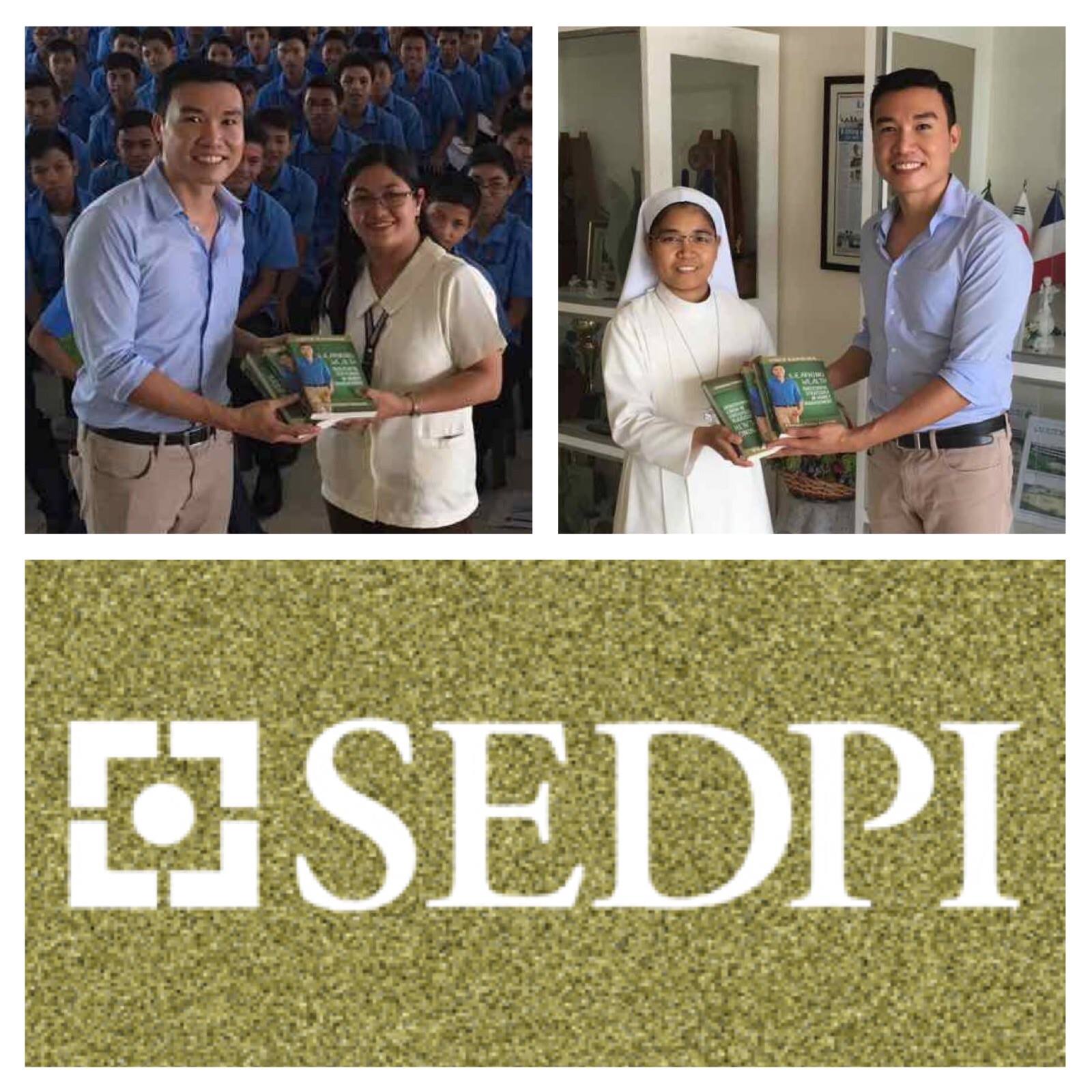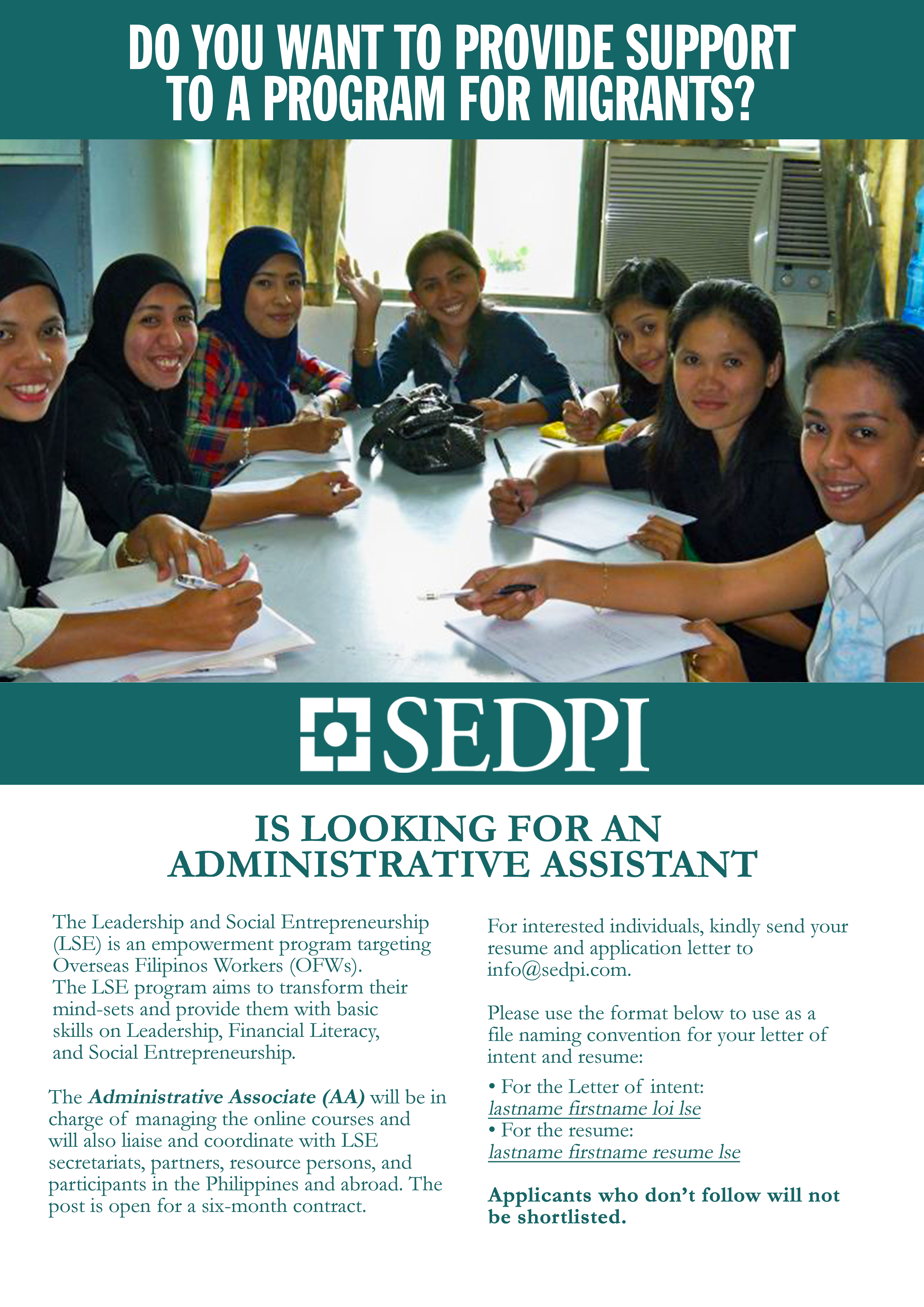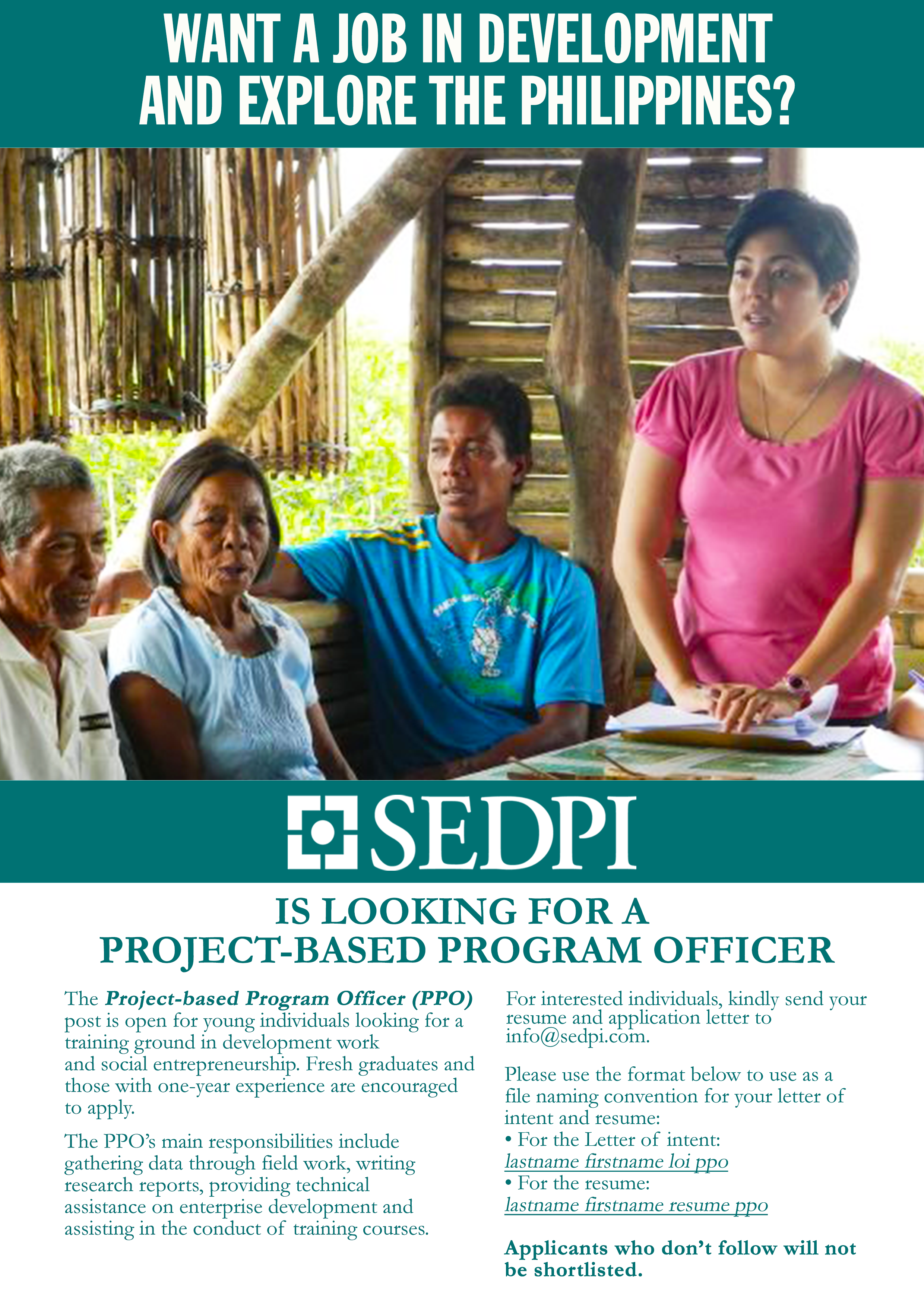Category: Financial Literacy
-
Changing mindsets: Teaching financial literacy to OFWs in HK
Many overseas Filipino workers face problems with loans. A program for OFWs in Hong Kong is helping change that. By: David Lozada HONG KONG – In a crowded street in central Hong Kong, overseas Filipino workers (OFWs) line up in front of pawnshops and loan agencies. The crowd starts to thicken even before the offices…
-
Financial planning for overseas Filipinos
For many Filipinos, the lure of working overseas is plain and simple: money. A higher take home pay enables them to provide their family with a better life. Earning in terms of a stronger currency allows the overseas Filipino to buy more pesos. In 2015, the number of overseas Filipino workers (OFWs) was estimated at…
-
‘Emotions preventing OFWs from financial success’
By: David Lozada A financial expert says many overseas Filipino workers send most of their earnings to their families – and fail to save for themselves – because they feel emotions such as guilt and shame HONG KONG – What emotions are preventing overseas Filipino workers (OFWs) from achieving financial success? What needs to change?…
-

Job Opening | Marketing Associate
Do you want a job that has positive social impact? Are you interested in promoting financial literacy? (L)Earning Wealth is currently looking for a Marketing Associate. (L)Earning Wealth is SEDPI’s flagship program for financial literacy. SEDPI is the premiere capacity building institution providing training, research and consulting services in the areas of microfinance, social entrepreneurship and…
-
Importance and Characteristics of a Rainy Day Fund
By: Romeo Arahan Jr. One of the pre-requisites in pursuing financial freedom is to have a rainy-day fund, or an emergency savings fund. What it does is it provides an individual, access to funds in an extremely urgent and critical event. SEDPI advises its participants to follow the three rules in forming their rainy day…
-
Why Financial Literacy is Crucial to Microfinance Staff
by Denise Subido Microfinance Institutions (MFIs) face a myriad of issues in running their day-to-day operations. One problem they are constantly faced with is delinquency. Delinquency is a prevaling problem that has negative repercussions for an institution. One peculiar finding, however, is that when there is delinquency, there are also cases of fraud. In fact,…
-
Financial Literacy for CASS Beneficiaries
by Carlo Niño Yacob The Climate Adaptation Support Services (CASS) project intends to develop communities in Siargao Island, Surigao del Norte, toward climate-resiliency through economic empowerment. Climate Change Commission (CCC) in collaboration with Deutsche Gesellschaft für Internationale Zusammenarbeit (GIZ) implements CASS. With financial support in the form of cash transfers coming from the government, it…



